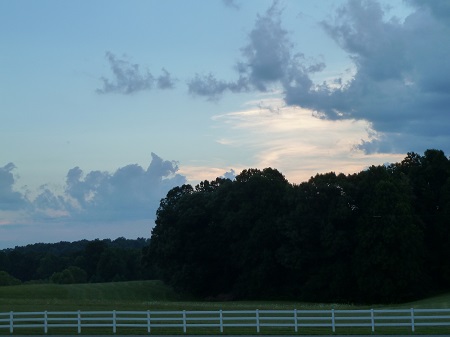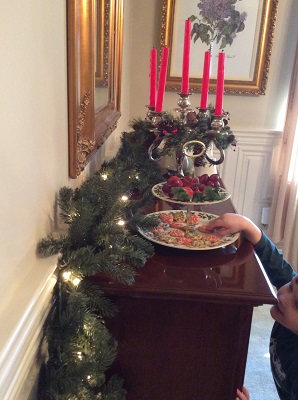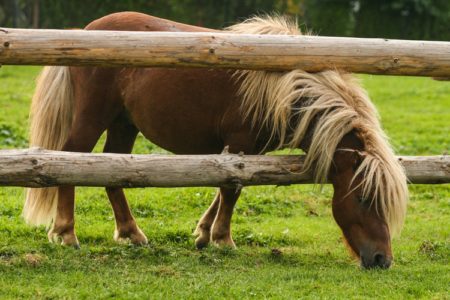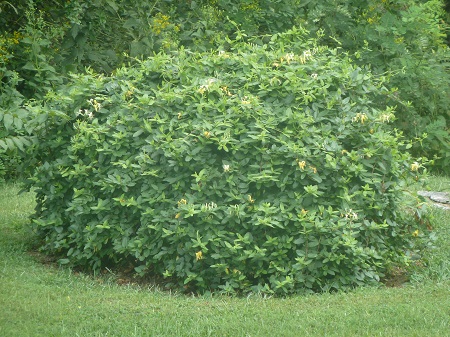At the End of the Day
 At the end of the day means our final conclusion.
At the end of the day means our final conclusion.
We have considered everything. We have:
- Discussed
- Analyzed
- Experimented
- Then made our decision
At the end of the day, we choose.
- Who will share my life?
- What will I do?
- Where will I live?
- When will I do what needs to be done?
- How will I treat others?
We make our at the end of the day decisions any time of day.
- Morning
- Midday
- Evening
- Night
The time matters little, but, at some point, we must decide. We cannot ride the fence forever.
Our at the end of the day decisions show what we value most.
Will we choose:
- Money
- Status
- Power
- Popularity
Or will we choose:
- A relationship with God
- Time with family
- Making our world a better place
As the song “When It’s All Been Said and Done” reminds us, only what’s done for love lasts.
“Jesus replied: ‘“Love the Lord your God with all your heart and with all your soul and with all your mind.” This is the first and greatest commandment. And the second is like it: “Love your neighbor as yourself.” All the Law and the Prophets hang on these two commandments.’” (Matthew 22:37-40 NIV).
Thanks to Margaret Bertram for the suggestion.
Do you have an expression you want explained or a thought about this one? If so, please comment below.
Subscribe to receive my weekly posts by email and receive a free copy of “Words of Hope for Days that Hurt.”
If you enjoyed this post, please share it with your friends.

 Many children love to play in mud. Some animals roll in mud. However, no one wants to hear his name is mud.
Many children love to play in mud. Some animals roll in mud. However, no one wants to hear his name is mud. When we pick someone’s brain, we get information from that person.
When we pick someone’s brain, we get information from that person. 
 If we search high and low, we look everywhere.
If we search high and low, we look everywhere.  Easy does it tells us to move slowly and carefully.
Easy does it tells us to move slowly and carefully. “Nip it in the bud. Just nip it in the bud.”
“Nip it in the bud. Just nip it in the bud.”  I always thought up a stump meant the same as stumped. My friend Patty Cooper Emerson explained a difference in the two.
I always thought up a stump meant the same as stumped. My friend Patty Cooper Emerson explained a difference in the two.
 You can’t squeeze blood from a turnip means something is extremely hard to do.
You can’t squeeze blood from a turnip means something is extremely hard to do.